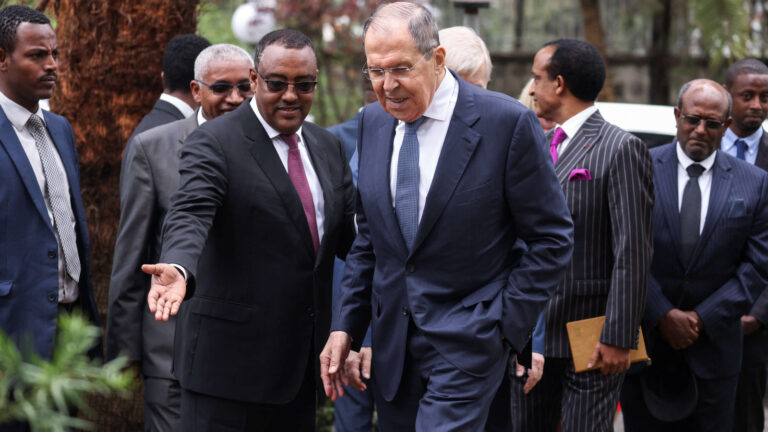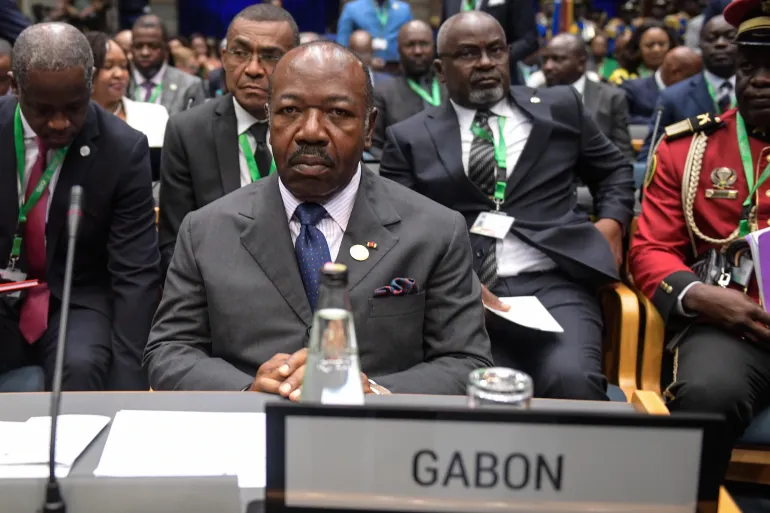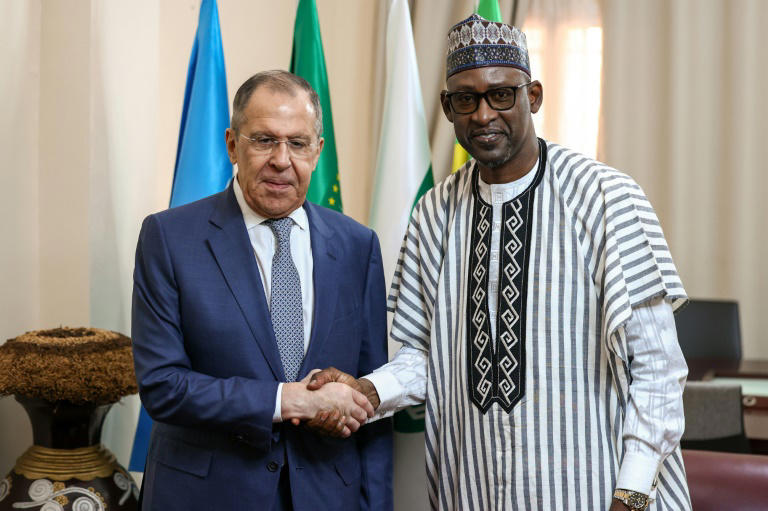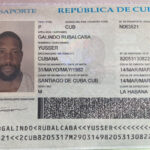When the independence of many African states became a reality in the 1950s and 1960s, it unfortunately met the Cold War ideological divide of the world. Many had expected these infant states to take sides—some did. However, even for those who did, their approaches to the ideologies of the Cold War were different from the main antagonists. States like Cote d’Ivoire, Kenya, and Gabon had opted for capitalism. Ghana, Senegal and Tanzania chose socialism.
Interestingly, while states that adopted right-wing market ideas mostly sided with the West, for socialist-led states, the adoption of socialism was a matter of necessity. This means they did not necessarily support the Soviet Union, as they were not aiming for communism.
With socialist principles, some governments developed domestic industries to produce some consumer goods. Known as import substitution industrialization ьany of these states had good relations with both sides of the Cold War rivalry. Under socialism, Ghana sought funding for its first and largest hydroelectric dam from the US. It also built a robust maritime transportation corporation with Soviet support.
Also, where post-independence governments chose one ideology, the opposition chose the opposite. In some military regimes, juntas had adopted one of these ideologies. The USSR had overtly backed many of these latter-day socialists.
Post-Cold War, the Left in Africa had moved more and more to the centre. It became common to see a rebranding or splintering groups of the Left assume the “social democracy” label.
Most importantly Russia, the largest state that merged from the collapse of the USSR almost immediately had a right-wing government. Economically, China could not be called a socialist state at the same time.
This meant that much of the Left had moved to the centre to be part of the political discourse. Regardless, the “pure” socialists though “orphaned” were not willing to compromise.
So what?
After three decades of mixed results about economic development in Africa, the Left has been emboldened in recent years. From South Africa to Senegal this is obvious.
Interestingly, Russia, under a right-wing government and with an economy dominated by oligarchs, has presented itself as the international vanguard for socialists in Africa.While the irony of the situation is so glaring, the disinformation backing it makes it potent.
Today the coup makers in the Sahel are being called Thomas Sankara (the Burkinabe revolutionary who is a symbol of Africa’s left). While accepting to be him they must not forget that the circumstances in the 1980s were different from now. The people will eventually demand to see today’s equivalence of what Sankara did in the 1980s.
Is Russia in a position to help them achieve that?

Read also: Niger coup: Russia likely behind






